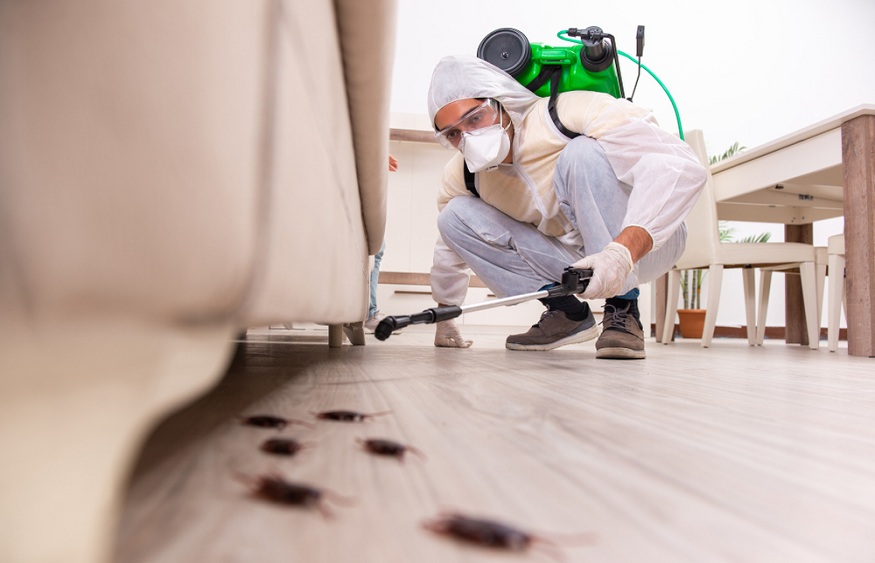
Hidden Pests – Signs, Dangers, and How to Get Rid of Them
Our homes are supposed to be safe havens where we can rest and feel good. But invaders that can not be seen can break up this peace, doing harm and possibly putting people’s health at risk.
People often do not notice these “invisible” pests that are quietly growing inside our walls. Do not be afraid to call a reputable pest control company like avatapest.com if you think you have a pest problem in your house.
The signs of a hidden pest problem.
There are times when pests stay hidden, but their presence is often indicated by small signs. Rats, mice, and other pests may be moving around inside your walls if you hear strange noises like digging or biting. Smells that do not seem right, like musty or sickly sweet, can be a red flag.
If you look closely, you might find other signs. In tight spots, you might find droppings, grease marks, or skin that has been shed. Changes in your pet’s behavior, like being antsy or upset, could be a sign of hidden invaders.
Things that are broken, like clothes with holes or food packaging that is torn, are also red flags. Even allergies that you can not explain can sometimes be traced back to tiny pests like dust mites.
How to find hidden pests.
It takes some hard work and careful study to find these secret invaders. Check places like corners, closets, attics, and basements where pests like to hide on a regular basis.
Setting up traps can be useful. These not only get rid of pests but also tell you important things about the type of invasion and how bad it is.
Stopping entry points is very important. Fill in any holes or cracks in the walls, around pipes, and by windows and doors. This makes it less likely that pests will get inside.
Some common ‘invisible’ pests.
- Dust mites: These are very small bugs that like it when it is damp, and they eat dead skin cells. For people who are sensitive, they can make allergens and asthma problems worse.
- Bed bugs: These are small insects that do not have wings. They are very good at hiding in mattresses, bed frames, and other furniture. They feed on blood, which makes their bites itchy.
- Rodents: Mice and rats can get through small gaps and make nests in walls and attics. They can make food dirty, damage electricity lines, and spread diseases.
- Termites: These insects eat wood and can do a lot of damage to homes’ structures.
When should you call a professional?
If you think you have a bug problem, you should call a skilled exterminator. They can find the pest, judge how bad the problem is, and figure out what risks might be involved.
They can make a personalized treatment plan based on the results of their exam. This method makes sure the problem is fixed correctly, the damage is kept to a minimum, and the health and safety of your family and pets are protected.
Prevent future infestations.
- Maintain good hygiene: Keep your house clean by vacuuming and cleaning your home regularly, paying special attention to places where dust and other particles tend to gather.
- Store food correctly: To keep food from attracting bugs, keep it in cases that do not let air in.
- Eliminate clutter: Getting rid of clutter is important because it gives pests places to hide.
- Check things out before you bring them into your house: Pests can hide in used furniture, clothes, and other things.
It can be scary to live with pests that you can not see. You can protect your home and keep it a healthy place to live, though, by being alert, taking action, and getting professional help when you need it.


